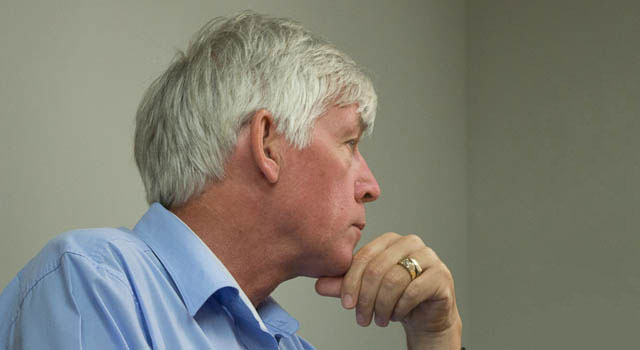
Digital migration expert and former ministerial technical adviser Roy Kruger says the final changes to the broadcasting digital migration policy, published on Wednesday, entrench the dominance of pay-television provider MultiChoice and short-change South Africans in other ways.
The previous adviser to former communications ministers Yunus Carrim and Dina Pule, who was responsible for overseeing the digital migration project at the former department of communications (now telecommunications & postal services), says the verification system adopted by the new communications department under minister Faith Muthambi is the most basic system available. It doesn’t allow government to meet its goal of protecting South African electronics manufacturers and providing e-government services.
Government’s final policy states that set-top boxes will have a control system to prevent subsidised units from functioning outside South Africa. But it firmly rules out the use of encryption or conditional access in these boxes.
Kruger believes the debate around encryption is a red herring and that government has been shortsighted in the latest policy changes.
“The set-top box is a computer and you can buy messaging, conditional access or encryption software for each. Sentech, for example, has a full-blown conditional access system with encryption. All signals transmitted by Sentech go via satellite and are all encrypted. Only when it gets to a remote station is it decrypted.”
The problem, according to Kruger, is that there is no secure “bootloader” on the system to prevent malicious software from being downloaded. A hacker can get into the system, remove the verification code and then the box could be used anywhere in the world.
Set-top boxes subsidised by government will be delivered to Post Office warehouses in their tens of thousands, Kruger says. If just one lot of boxes were to be stolen, it would prove to be a windfall for criminals.
The other problem, he says, is that the verification code is only going to operate on subsidised set-top boxes, according to the amended policy.
“There are still a potential 8m households that will need set-top boxes. Hackers will be able to figure out the code and ensure that it operates in cheaper boxes from overseas and so the imperative of protecting the local industry would be missed.”
Government’s stated aim of providing e-government services over the boxes will also not be supported by the verification system. Kruger says group messaging and mass messaging are not supported. — © 2015 NewsCentral Media




